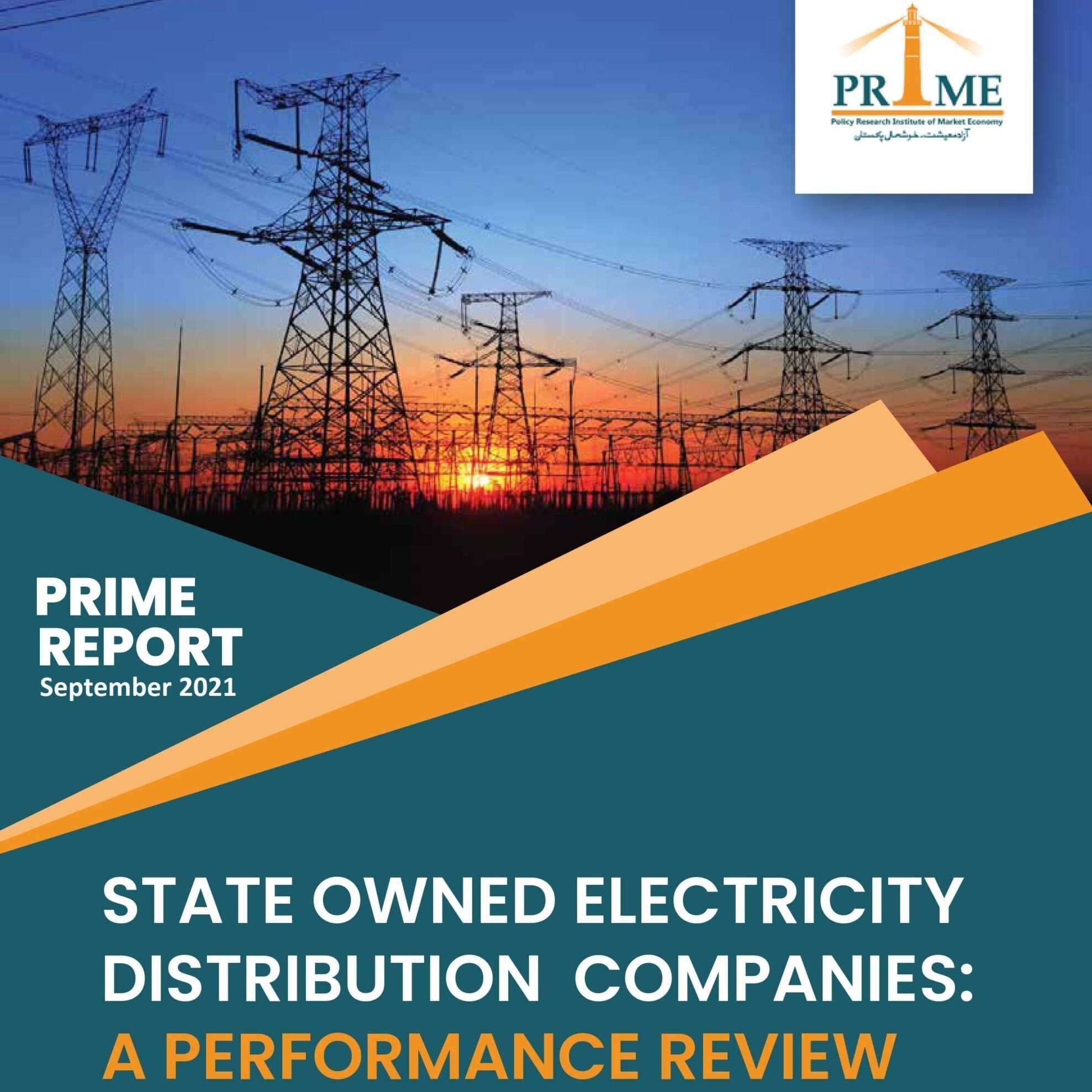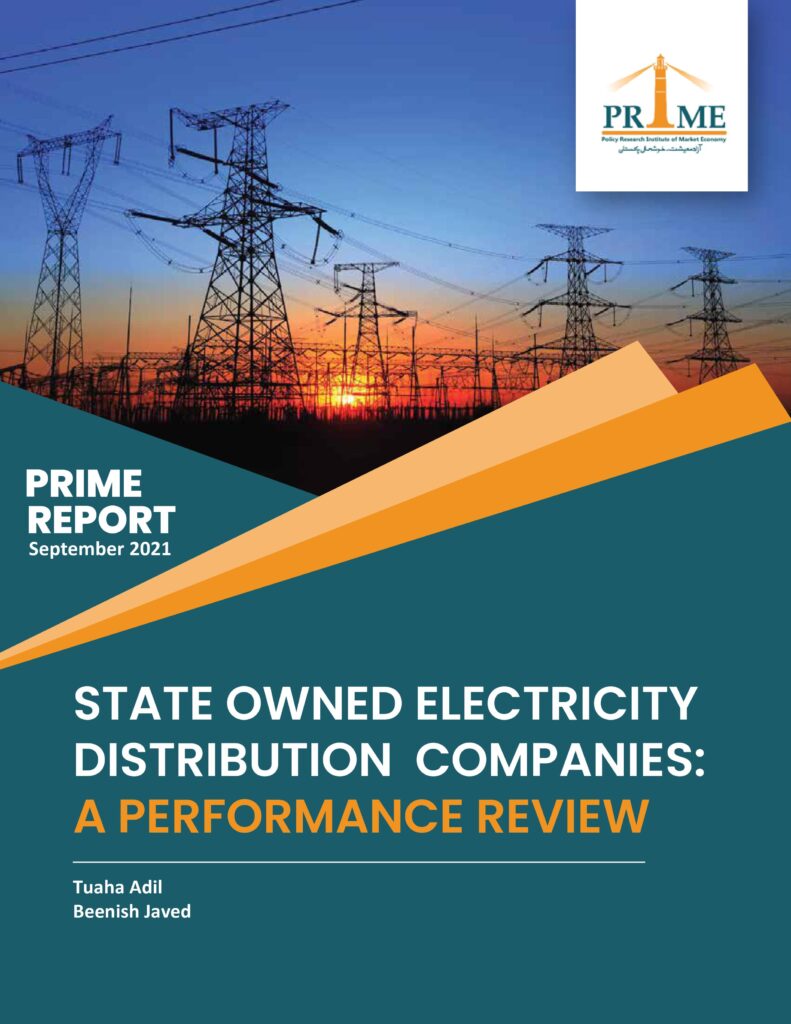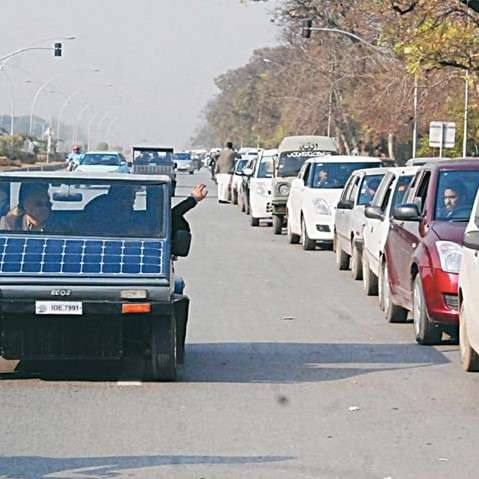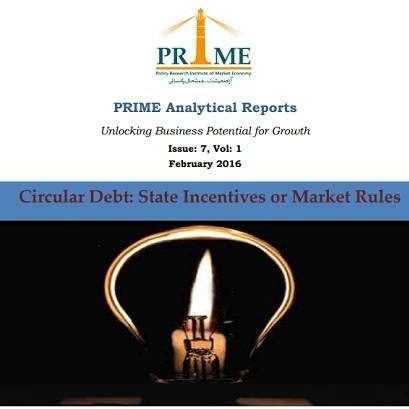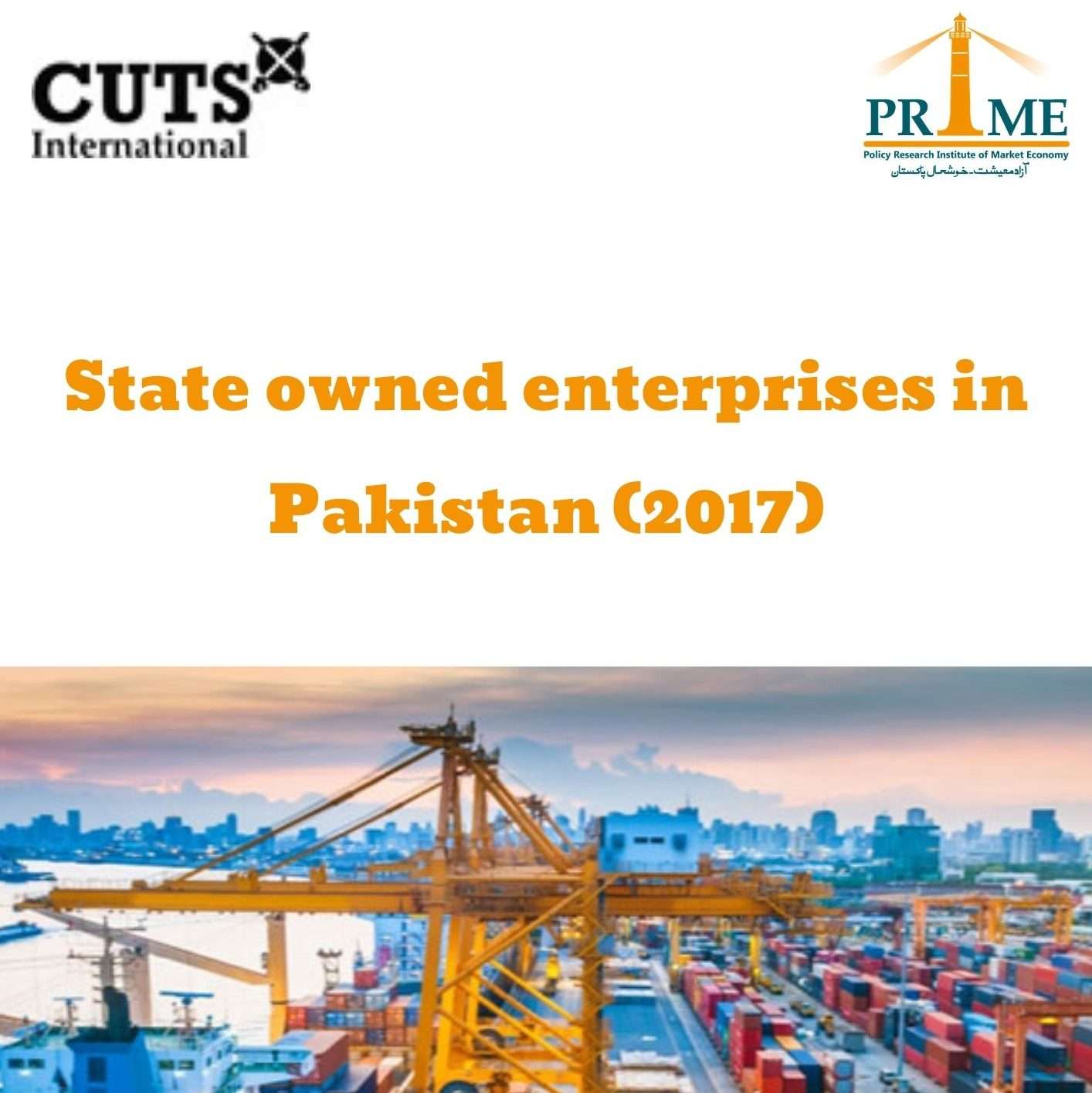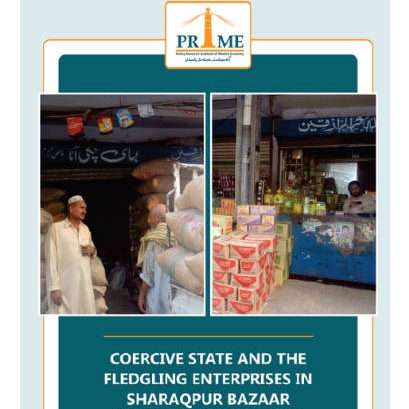Policy Brief on Automobile sector
The automobile sector today operates within the rubric of several policies, frameworks and regulations: the Industrial Policy 2011; the Trade Policy Framework 2012-15; the Finance Acts which modify the fiscal and tariff regime backed by the Statutory Regulatory Orders (SROs) and the Customs General Orders (CGOs); the Auto Industry Development Programme (AIDP) 2008; the Tariff Based Scheme (TBS); Pakistan Standards; and the National Environmental Quality Standards (NEQS).
[CONTINUED]
To read more, click here: Policy Brief on Automobile Sector
For media inquiries, contact saad@primeinstitute.org








